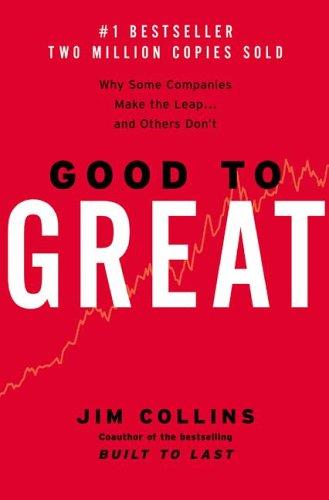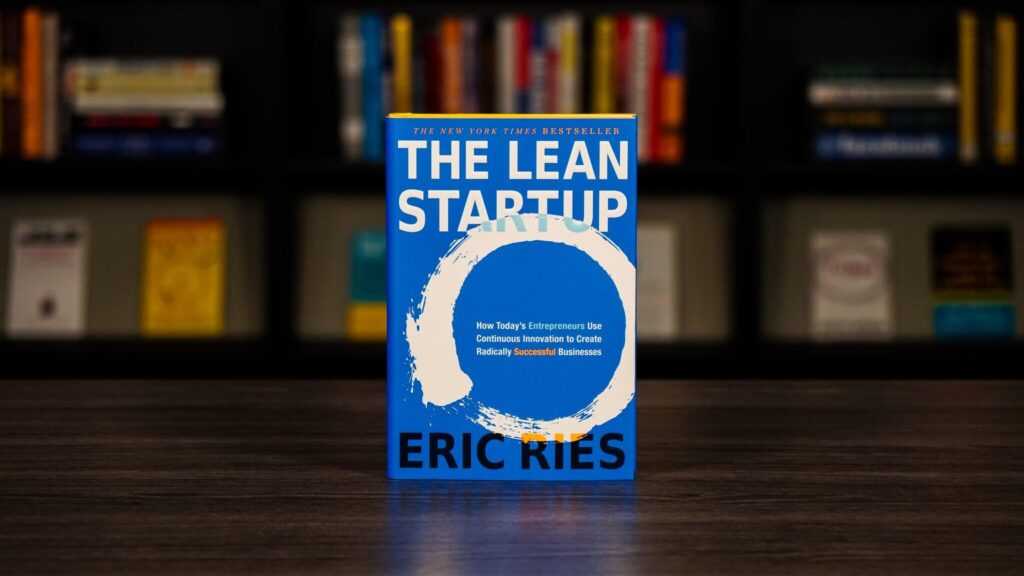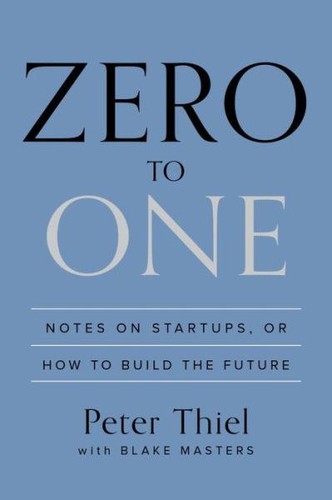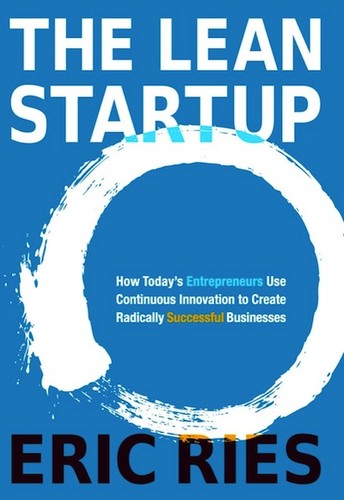
Introduction
Jim Collins’ book, Good to Great: Why Some Companies Make the Leap… and Others Don’t, is a seminal work in the field of business management. Published in 2001, it outlines the strategies and practices that successful companies employ to achieve long-term greatness. While the book was written almost two decades ago, many of its principles and insights remain highly relevant in today’s dynamic business environment.
Key Takeaways
- The importance of Level 5 Leadership
- Getting the right people on board
- Focusing on a niche market
- Creating and maintaining a culture of discipline
- Embracing technological advancements
Level 5 Leadership
One of the key takeaways from Collins’ book is the significance of Level 5 Leadership. This refers to leaders who possess a unique blend of personal humility and professional will. These leaders are selfless and modest, channeling their ambition and energy towards the success of the company rather than their personal ego. By aspiring to become Level 5 Leaders, businesses can foster collaboration, build trust, and achieve exceptional results.
The Right People
Collins highlights the importance of getting the right people on board. Successful companies prioritize hiring individuals based on their character, values, and skills. Motivated, talented, and passionate individuals who align with the organization’s core values are crucial for sustained success. Hiring and retaining top talent can significantly impact a company’s ability to adapt and thrive in changing business landscapes.
Focusing on a Niche Market
In today’s competitive business environment, finding a niche market can make a crucial difference. By specializing and focusing on specific customer segments or unique offerings, companies can differentiate themselves from their competitors. This allows for targeted marketing, development of tailored products and services, and a deeper understanding of customer needs.
Culture of Discipline
An essential aspect of greatness is the culture of discipline within an organization. Companies that embrace disciplined decision-making processes and execution are more likely to withstand challenges and thrive in volatile conditions. A culture of discipline ensures consistent adherence to core values, strategic alignment, and accountability at all levels of the organization.
Embracing Technological Advancements
Technological advancements continue to reshape the business landscape. Businesses that ignore or resist such changes risk falling behind their competitors. To achieve greatness in today’s environment, companies must embrace innovation and leverage technology to enhance their operations, create efficiencies, and deliver superior customer experiences.
Frequently Asked Questions
Can these strategies be applied to any industry?
Yes, the strategies outlined by Jim Collins can be applied to various industries. The principles of effective leadership, hiring the right people, and fostering a culture of discipline are universally relevant.
Are there any real-world examples of companies implementing these strategies?
Absolutely! Numerous companies have successfully implemented the strategies discussed in Collins’ book. Some notable examples include Starbucks, Southwest Airlines, and Amazon.
How can I learn more about training profits?
If you are interested in maximizing your training profits, you can visit our website for valuable resources and insights. Our platform offers comprehensive guidance on creating an online course and provides strategies to sell courses online.




 class=”book-cover” />
class=”book-cover” />

